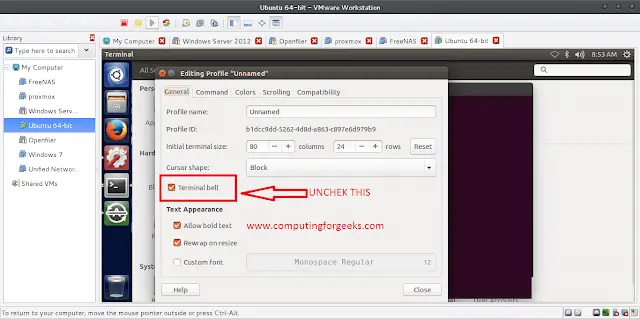Problem – To have a program that can issue warning messages (e.g., about deprecated features or usage problems).
Code #1 : Use the warnings.warn() function
import warnings def func(x, y, logfile = None, debug = False): if logfile is not None: warnings.warn('logfile argument deprecated', DeprecationWarning) |
The arguments to warn() are a warning message along with a warning class, which is typically one of the following: UserWarning, DeprecationWarning, SyntaxWarning, RuntimeWarning, ResourceWarning, or FutureWarning.
The handling of warnings depends on how the interpreter is executed and other configuration. If Python with the -W all option is run, the following output is obtained:
bash % python3 -W all example.py
example.py:5: DeprecationWarning: logfile argument is deprecated
warnings.warn('logfile argument is deprecated', DeprecationWarning)
Normally, warnings just produce output messages on standard error. To turn warnings into exceptions, use the -W error option.
Code #2 :
bash % python3 -W error example.py
Traceback (most recent call last):
File "example.py", line 10, in
func(2, 3, logfile ='log.txt')
File "example.py", line 5, in func
warnings.warn('logfile argument is deprecated',
DeprecationWarning)
DeprecationWarning: logfile argument is deprecated
bash %
Issuing a warning message is often a useful technique for maintaining software and assisting users with issues that don’t necessarily rise to the level of being a full-fledged exception.
Code #3 : Warning message generated by destroying a file without closing it.
import warnings warnings.simplefilter('always') f = open('/etc/passwd') del f |
Output :
__main__:1: ResourceWarning: unclosed file <_io.TextIOWrapper name='/etc/passwd' mode='r' encoding='UTF-8'>
- By default, not all warning messages appear. The -W option to Python can control the output of warning messages.
- -W all will output all warning messages, -W ignore ignores all warnings, and -W error turns warnings into exceptions.
- As an alternative, one can use the warnings.simplefilter() function to control output. An argument of always makes all warning messages appear, ignore ignores all warnings, and error turns warnings into exceptions.
- The warnings module provides a variety of more advanced configuration options related to the filtering and handling of warning messages.




